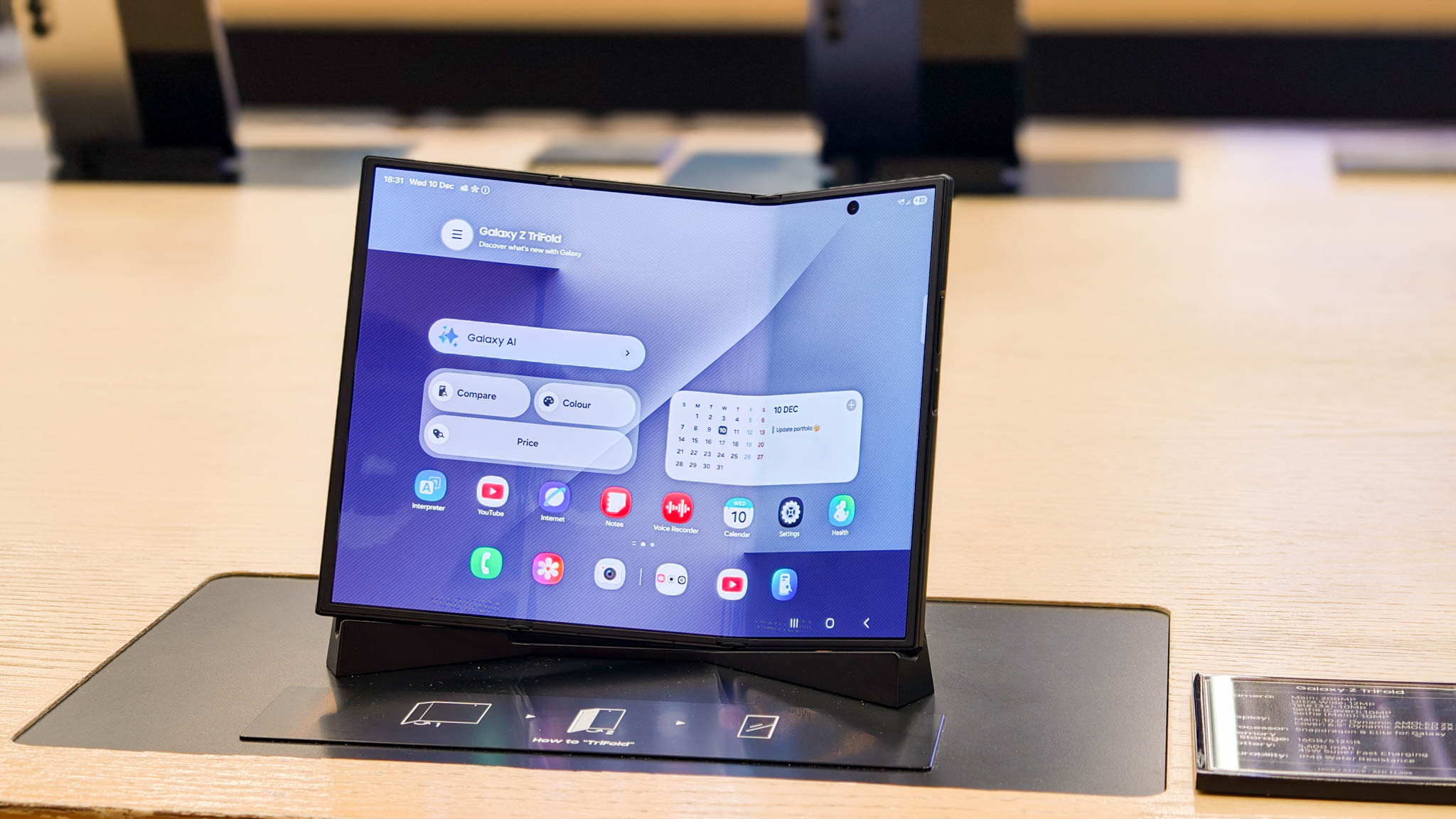eero Pro vs Orbi (RBK50): Which should you buy?
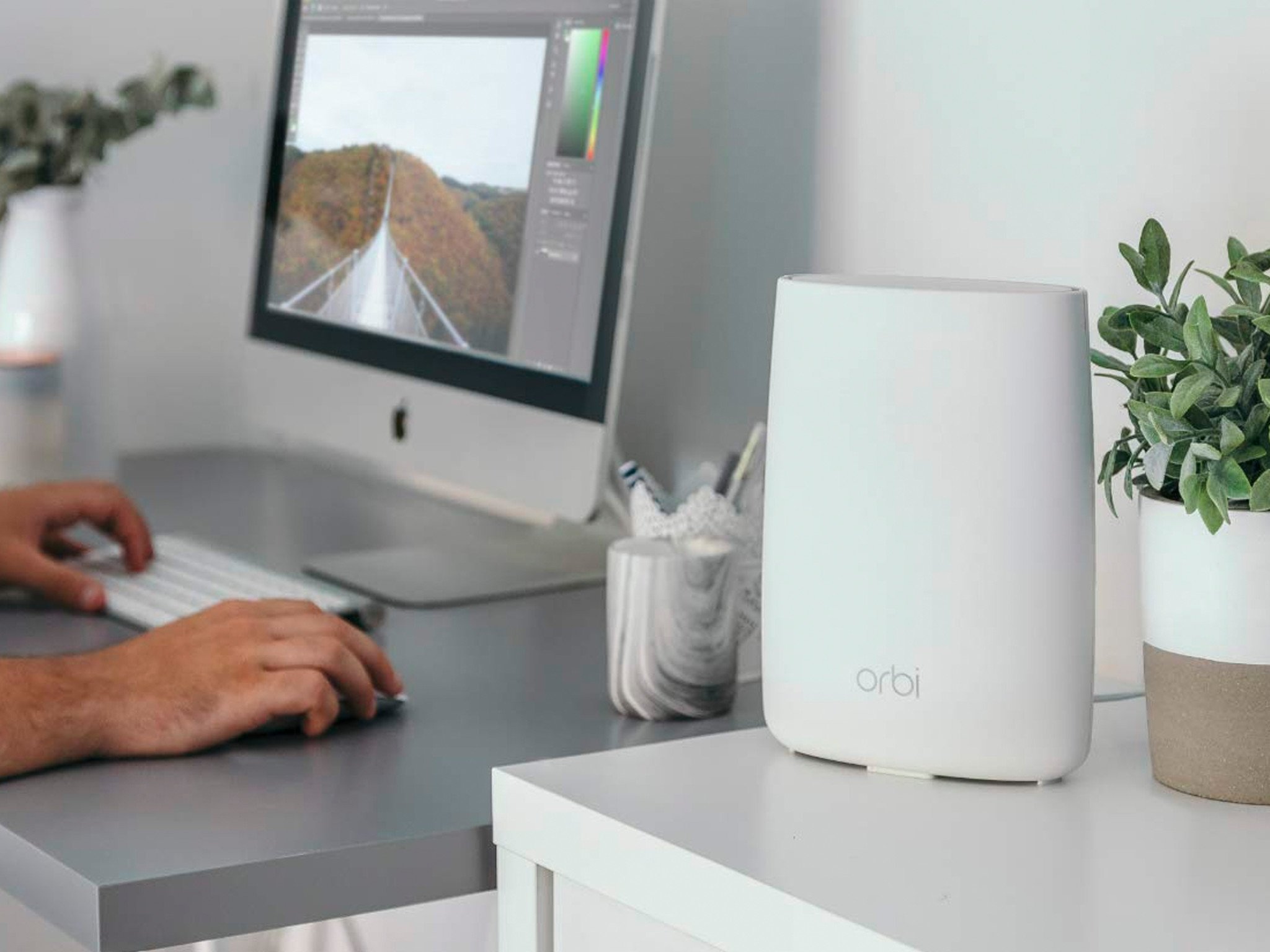
Netgear Orbi RBK50
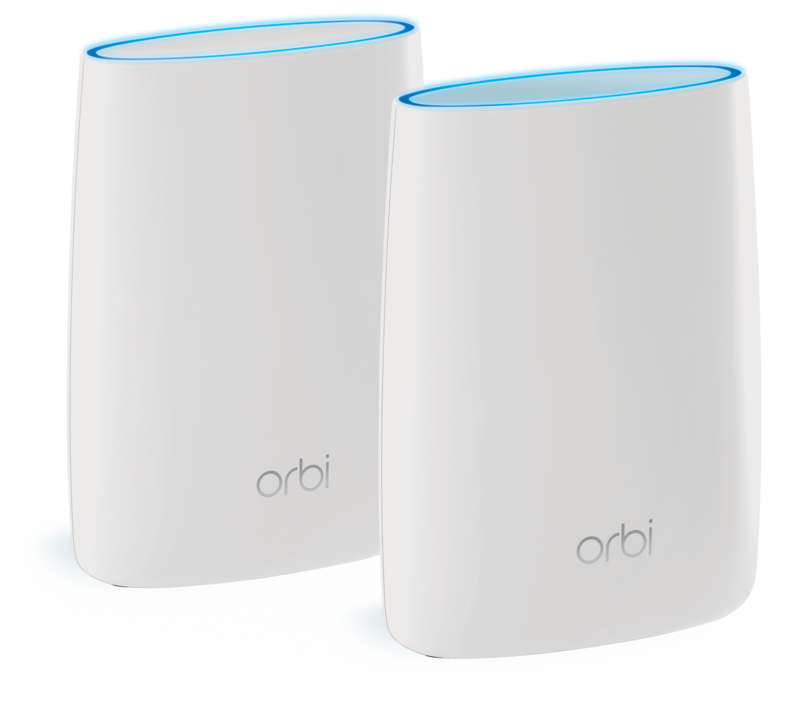
The Netgear Orbi RBK50 has a fast tri-band 802.11ac Wi-Fi connection capable of delivering speeds up to AC3000. With three vacant Ethernet ports on the main router and four more on the satellite, there's plenty of room to get your entire network connected.
Netgear Orbi RBK50
Reasons to buy
Reasons to avoid
Eero Pro
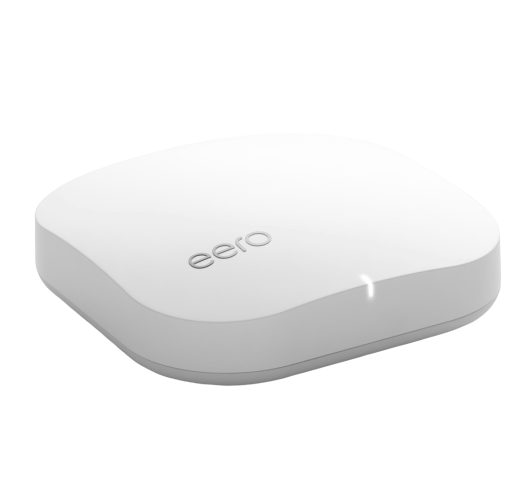
The Eero Pro is the fastest router available from Eero and it comes with a robust tri-band connection while keeping its footprint compact. Like all eeros, it's fully compatible with the entire Eero range making it a great option to upgrade your Eero mesh.
Eero Pro
Reasons to buy
Reasons to avoid
The Eero Pro is a powerful tri-band router and a great start to a mesh network, but it lacks coverage compared to the Orbi system. While speed differences will likely be minor, the extra Ethernet ports on the Orbi router and satellite can make better use of the extra bandwidth on the dedicated 5GHz backhaul. While both systems will provide similar levels of real-world speed, the cost of the Eero system will be much higher if you want to match the coverage offered by Orbi.
Making mesh accessible
While the Eero Pro can deliver speeds that are more than enough for most users, it's clear that Eero doesn't want to focus on raw data speeds. Eero's simple design in both hardware and software makes it a great option for someone that isn't as interested in having the fastest or newest tech but wants something easy to understand and works well. While Orbi isn't exactly hard to use, its greater variety of options can make it a little more daunting to select the appropriate system. That being said, you will likely see superior performance with the Orbi RBK50, especially in a speed test.
| Header Cell - Column 0 | Netgear Orbi RBK50 | Eero Pro |
|---|---|---|
| Wi-Fi | 802.11ac tri-band | 802.11ac tri-band |
| Wireless speed | AC3000 (400Mbps + 867Mbps + 1733Mbps | unspecified |
| Coverage | 5,000 square feet (2,500 square feet each) | 1,750 square feet |
| CPU | 710MHz quad-core | 700MHz quad-core |
| RAM | 512MB | 512MB |
The Orbi has a definite advantage when it comes to its raw specs but it's worth keeping in mind that the Eero Pro is a much smaller router, which means it can more easily blend into the decor of a room. It's also worth noting that even a single Orbi RBK50 router has greater coverage potential than the eero.
Speed and coverage
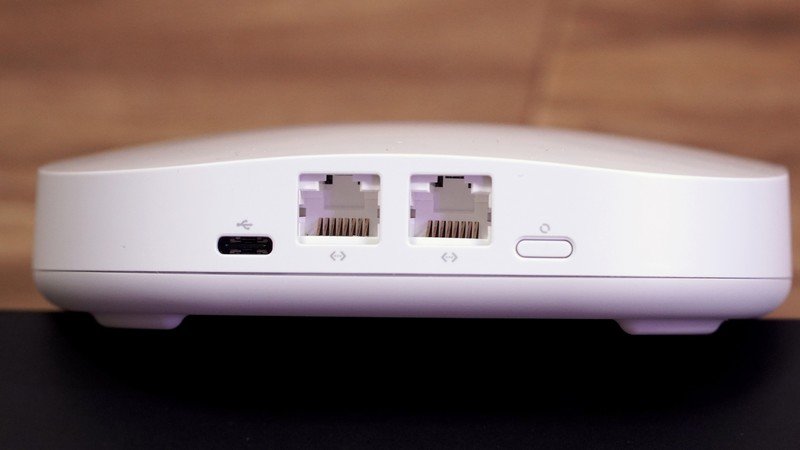
If you're looking to cover more than a small house or apartment with eero, you should consider getting a package that includes additional points. If you're looking to start small and expand your mesh as needed, Eero Pro is going to be the fastest starting point with the greatest coverage and you may find it meets all of your needs on its own. At 1,750 square feet of coverage, Eero Pro will be more than enough for many people.
One thing you should consider is wired connectivity. If you've opted to go completely wireless in your home, this is a non-issue, but if you still have more than one device that needs to be directly wired to the network, you'll either need to get a wireless adapter for those devices or connect an Ethernet switch. Wired speeds will be as close to the maximum of your internet connection as possible but for most uses, wired connectivity should be more than enough for standard usage, even something like 4K streaming.
Get the latest news from Android Central, your trusted companion in the world of Android
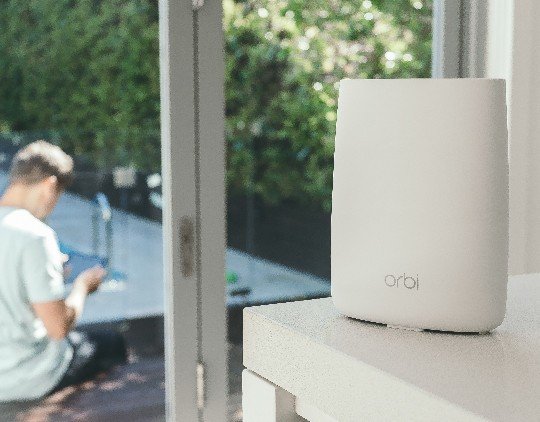
Orbi's impressive AC3000 speeds won't mean you get 3Gbps on Wi-Fi. The speed breaks down into two channels accessible by wireless devices with one reserved for each Orbi's connection to other mesh points. Users will be able to use the 2.4GHz channel up to 400Mbps and one of the 5GHz channels up to 867Mbps. The remaining 5GHz channel at 1733Mps will be inaccessible but will be useful in keeping the mesh speed high.
This Orbi package comes with a router and satellite with 2,500 square feet of coverage each. This will be a stronger choice for someone with a large home that needs all the coverage they can get. It's also worth noting that the base router has three open gigabit Ethernet ports with four more on the satellite making it a great option for a home with a home office.
Expand your mesh
The biggest reason to go with a mesh system over a traditional router is the ease with which you can expand your coverage. Both Eero and Netgear Orbi excel at expansion with many options to choose from and like all mesh systems, your device will switch seamlessly between nodes to ensure you have a strong connection.
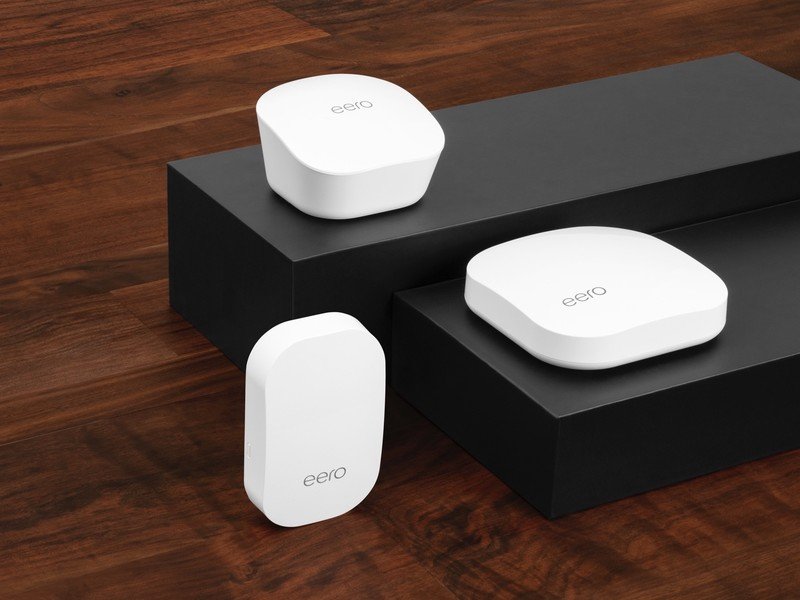
The Eero Pro will work with any of the other Eero routers or nodes including any older Eero devices you may have. If you are looking for something small and compact, you can add in a standard eero which has two Ethernet ports or you can use the Eero Beacon which plugs directly into a power outlet and has a night light. If you want to keep speed as high as possible, you can add in more Eero Pros as needed. When operating as a node, both Ethernet ports can be used for wired devices.
The Orbi RBK50 is compatible with most of the Orbi line with the only exception being the Wi-Fi 6 versions. Orbi has a wide range of expansion options from wall plug satellites to smaller, though less performant, dual-band Orbis. You can also go with another tri-band satellite if you want to keep speeds as high as possible.
Smaller details
Eero has great support with an optional Eero Secure and Eero Secure+ subscription service. The former comes in at $30 per year while the latter comes with some extra options including a VPN, password manager, antivirus software for $99 per year. While a lot of us would rather take care of that side of things on our own, for many people it's a great option to have.
Eero is a popular choice for a reason. While it focuses more on simplicity and the user-experience more than tech specs, it still delivers enough speed for most people. It also comes in a small package making it easy to tuck out of sight and it's subdued design allows it to blend in if left in the open.
Orbi is much more focused on delivering speed and a ton of connectivity options. If you need to get a lot of wired devices online and don't want to bother with additional equipment. The Orbi RBK50 isn't exactly ugly either with a futuristic design that will make your other networking equipment look old fashioned in comparison. All this while keeping a ton of connectivity options.
Which should you get?
Both systems have a lot going for them with the Eero Pro firmly focused on simplicity. For a lot of people, the benefits of eero's simple app and optional security features will be worth the small tradeoff in speed and the extra cost. If you are looking for a great value and the most speed and capabilities for your money, it's hard to beat what Netgear offers with the Orbi RBK50.

When Samuel is not writing about networking or 5G at Android Central, he spends most of his time researching computer components and obsessing over what CPU goes into the ultimate Windows 98 computer. It's the Pentium 3.
